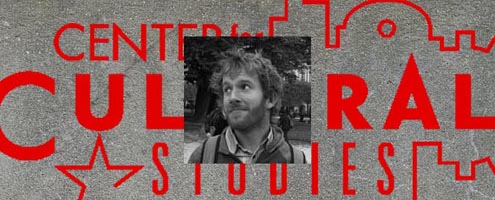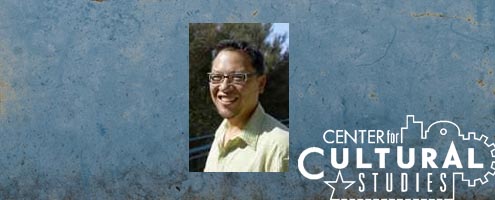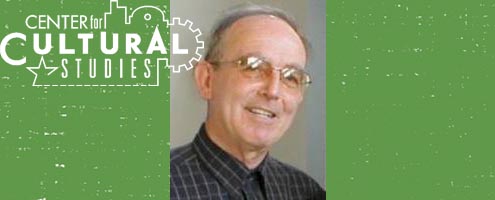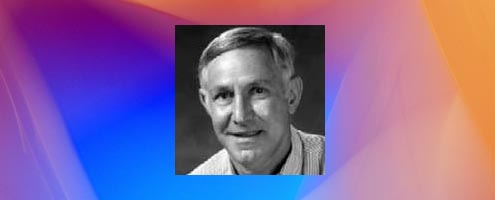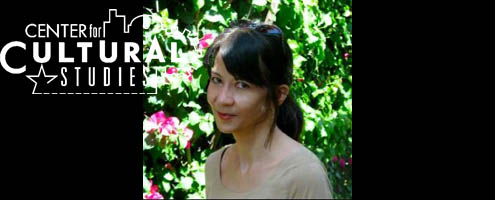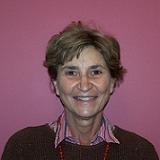The Center for Cultural Studies Presents:
Kuan-Hsing Chen
Professor, Graduate Institute for Social Research and Cultural Studies
Coordinator, Center for Asia-Pacific/Cultural Studies
National Chiao Tung University, Taiwan
ASIA AS METHOD
Kuan-Hsing Chen is Professor in the Graduate Institute for Social Research and Cultural Studies and coordinator of the Center for Asia-Pacific/ Cultural Studies at National Chiao Tung University in Taiwan. Founding chair of Taiwan’s Cultural Studies Association, founding member of the Inter-Asia Cultural Studies Society and a core member of the Taiwan: A Radical Quarterly in Social Studies, he is a co-executive editor of the journal, Inter-Asia Cultural Studies: Movements. His most recent book, is Asia as Method—Towards Deimperialization (Duke University Press, 2010). His other books include Media/Cultural Criticism: A Popular-Democratic Line of Flight (1992, in Chinese), and The Imperialist Eye (2003, in Korean). His edited volumes in English are Stuart Hall: Critical Dialogues in Cultural Studies (1996); Trajectories: Inter-Asia Cultural Studies (1998), and Inter-Asia Cultural Studies Reader (2007).
Readings for the seminar are available here.
For more information, contact G. Hershatter.
Co-sponsored by the Center for Cultural Studies, the Asian Diasporas Research Cluster at the Institute for Humanities Research (sponsored by the UC Humanities Network), and the Nee Fund of Department of History.

